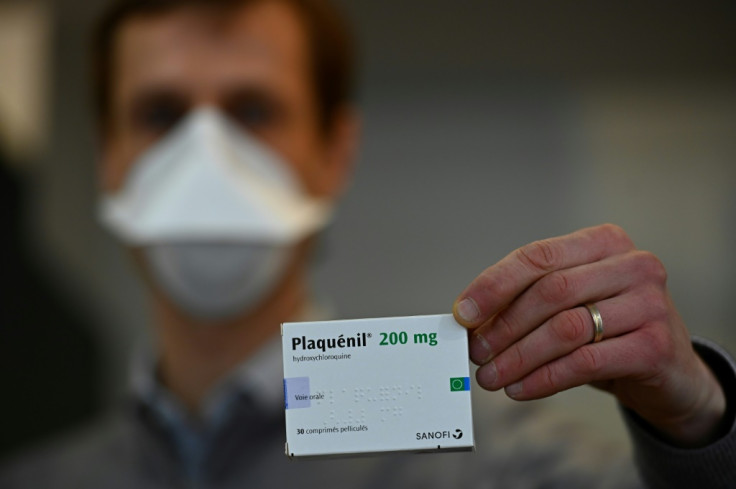COVID-19: Study shows increased risk of death from hydroxycholorquine, chloroquine
The Food and Drug Administration has warned people against its usage without medical supervision.
After months or weeks of testing, some medical researchers are finally sharing their findings on certain treatments against COVID-19. While there have been a few with promising results announced last week, others have been generally unfavourable. Remdesivir, an antiviral drug from Gilead Sciences, was recently found to be ineffective against the disease. Nevertheless, researchers claim trials will move on to the next phase. Now, a study focused on two controversial medications, hydroxychloroquine and chloroquine, have finally been published.
After French doctors touted its alleged effectivity against COVID-19 earlier this year, high-profile personalities such as U.S. President Donald Trump have campaigned for its use. In fact, he reportedly requested his physician, Dr. Sean Coley, to prescribe hydroxychloroquine, which he supposedly takes daily alongside a zinc supplement, as detailed by Fox News.
From a population of around 96,032 COVID-19 patients from 671 hospitals across the globe between December 2019 to April 2020, many were treated with the aforementioned drugs or with a combination of other medication. The study listed 6,221 given hydroxychloroquine with a macrolide, 3,783 with chloroquine and a macrolide, 3,016 were treated with hydroxychloroquine only, and 1,868 received chloroquine.
Once the results were in, researchers determined that there were no recorded benefits. Moreover, the various treatments supposedly were "independently associated with an increased risk of de-novo ventricular arrhythmia during hospitalisation." However, those diagnosed with malaria and other forms of autoimmune disease can still be prescribed by their physicians.
In fact, the Food and Drug Administration (FDA) immediately warned people against its usage without medical supervision. The agency stated: "The FDA is aware of reports of serious heart rhythm problems in patients with COVID-19 treated with hydroxychloroquine or chloroquine, often in combination with azithromycin."

It then added, "we are also aware of increased use of these medicines through outpatient prescriptions. Therefore, we would like to remind health care professionals and patients of the known risks associated with both hydroxychloroquine and chloroquine." Other pharmaceutical companies are still in the early stages of their respective clinical trials. In fact, several have claimed positive outcomes in some volunteers who have been treated. This highlights the importance of controlled studies and approval from regulators before a treatment is deemed safe.
© Copyright IBTimes 2025. All rights reserved.





















